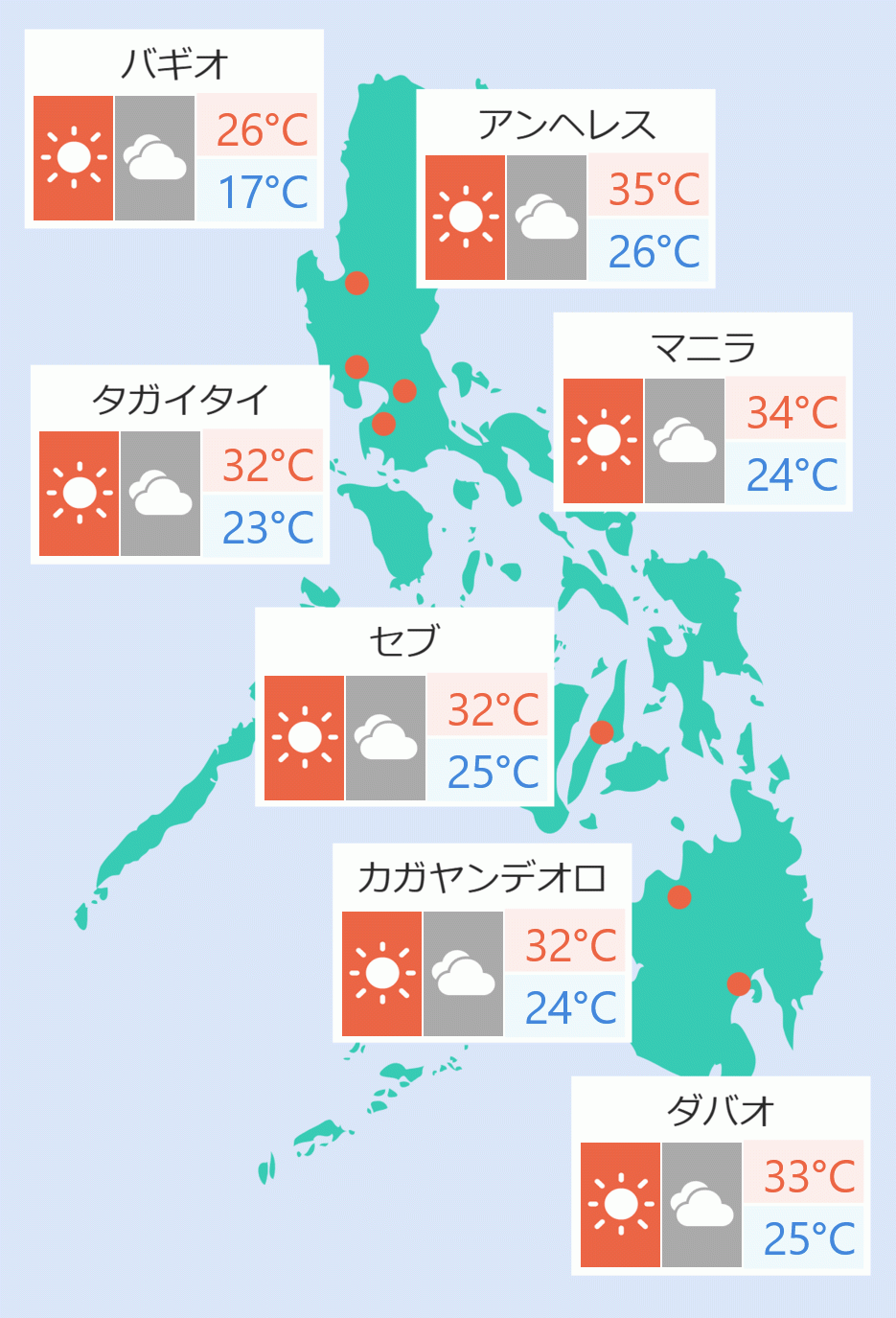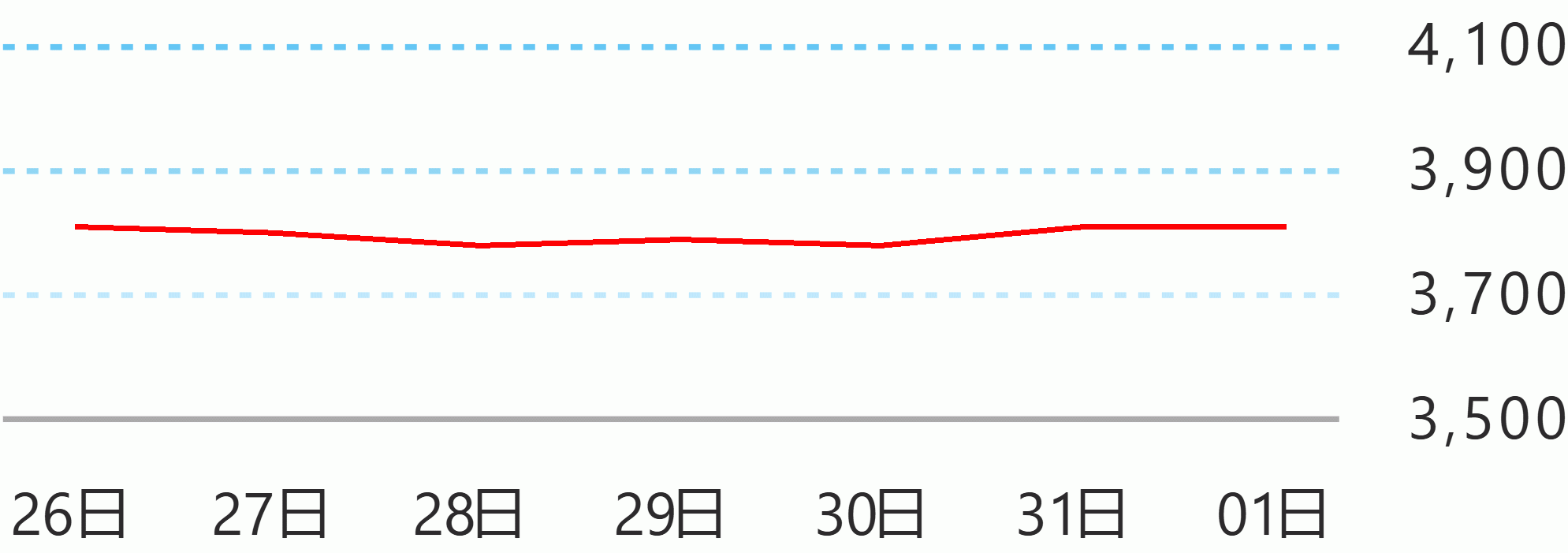The Philippine Navy on Wednesday received its first advanced fixed-wing unmanned aerial system (UAS) from the United States.
The ScanEagle UAS was received by Navy chief Vice Admiral Giovanni Carlo Bacordo at Naval Base Heracleo Alano in Sangley Point, Cavite.
Bacordo said the P710 million new asset is a huge step in their modernization efforts as it could expand coverage of their patrols.
''You know our President (Rodrigo Duterte) is very supportive of our modernization efforts and we have all long dreamed to become a modern, a strong and capable Philippine Navy so whatever missions that we are capable of before, with this system, it will expand the coverage of all these missions whether it is for internal security operations, for territorial defense, for HADR (Humanitarian Assistance and Disaster Response) or even just for maritime law enforcement operations," he said.
“We can have this airborne already and have the rapid damage and needs analysis so that our HADR responders can already proceed to the areas where they are most needed," he said.
In the area of territorial defense, the Navy chief said it will expand their horizon in patrolling.
“Let's say if one ship can patrol a certain area in 24 hours... with this system, we can cover that same area maybe in just about four hours instead of the usual 24 hour patrols,” Bacordo said.
The ScanEagle UAS which is composed of eight air vehicles, two launchers, skyhook and ground control station was acquired through the Maritime Security Initiative Program of the United States in 2017 and was formalized in February 2019.
The advanced UAS will be primarily used for Intelligence Surveillance and Reconnaissance (ISR) of the Philippine Navy since it provides near real time coverage and can be launched from both land and aboard Navy’s capital ships.
Philippine Fleet chief Rear Admiral Loumer Bernabe said the ScanEagle UAS would help the military in the "effective assessment of subject areas, timely decision-making and prompt action in the conduct of territorial defense, internal security operations as well as humanitarian assistance and disaster response operations." Robina Asido/DMS





 English
English










